Symfony introduced PHP enums support in Symfony 5.4, which was released on November 2021. In Symfony 6.2 we continued adding Enums supports in different parts of the code.
Enums as Service Parameters
Contributed by
Aleksey Polyvanyi
in #48045.
In addition to holding service objects, the container also holds configuration, called service parameters. They support all kinds of PHP types (integers, booleans, arrays, strings, constants, etc.) In Symfony 6.2, when using PHP to configure services, you can include Enum values in these parameters:
// config/services.php
namespace Symfony\Component\DependencyInjection\Loader\Configurator;
use App\Entity\BlogPost;
return static function (ContainerConfigurator $container) {
$container->parameters()
// ...
->set('app.some_parameter', SomeEnum::Foo)
->set('app.another_parameter', [SomeEnum::Foo, SomeEnum::Bar]);
};Enums in YAML Files
Contributed by
Nicolas Grekas
in #46771.
The previous feature only works when defining services in PHP. That's why in
Symfony 6.2 we've also added support to reference PHP Enums in YAML files using
the special prefix !php/enum.
The previous example looks as follows when using YAML:
# config/services.yaml
parameters:
# ...
app.some_parameter: !php/enum SomeEnum::Foo
app.another_parameter: [!php/enum SomeEnum::Foo, !php/enum SomeEnum::Bar]Enums in Environment Variables
Contributed by
Jack Worman
in #46564.
The environment variable processors provided by Symfony transform the env var values (which can only be strings) into other kinds of values needed by your application (booleans, PHP constants, JSON documents, etc.)
In Symfony 6.2 we're adding a new env(enum:...) processor to turn env vars
into PHP BackedEnum types. Imagine that you have this enum defined in your project:
# src/Enum/AppEnvironment.php
enum AppEnvironment: string {
case Dev = 'dev';
case Prod = 'prod';
case Stage = 'stage';
case Test = 'test';
}In your YAML, XML or PHP configuration, you can now use something like this:
# config/services.yaml
parameters:
app.some_parameter: '%env(enum:App\Enum\AppEnvironment:APP_ENV)%'The value stored in the APP_ENV env var would be a string like 'Dev' but
the application will use the AppEnvironment::Dev enum value.
<hr style="margin-bottom: 5px" />
<div style="font-size: 90%">
<a href="https://symfony.com/sponsor">Sponsor</a> the Symfony project.
</div>Jelentkezéshez jelentkezzen be
EGYÉB POSTS Ebben a csoportban
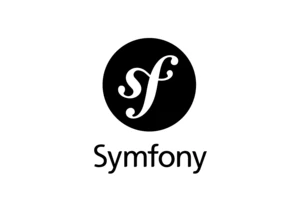
This week, Symfony unveiled the Symfony AI initiative, a set of components and bundles designed to bring powerful AI capabilities directly into your PHP applications. In addition, we published travel
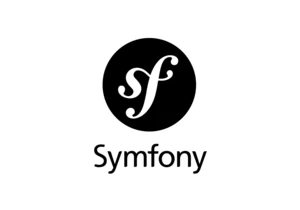
Today we are happy to announce a new Symfony initiative called Symfony AI - with the goal to provide a comprehensive set of components and bundles designed to bring powerful AI capabilities directly i
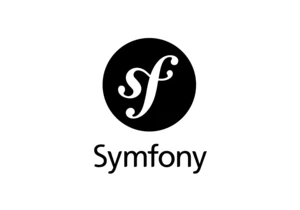
SymfonyCon Amsterdam 2025, our next annual international Symfony conference, will take place on:
November 25 & 26: 2 workshops days with several topics to learn, practice and improve your skills
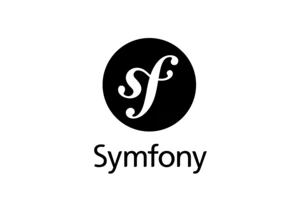
This week, development on the upcoming Symfony 8.0 version continued with the removal of deprecated features and the marking of several classes as final. In addition, we published two new case studies
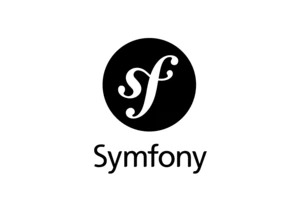
At Wide, Micropole’s digital agency, they help leading brands modernize their digital infrastructures while ensuring scalability, security, and performance. When Audi France approached them to migrate
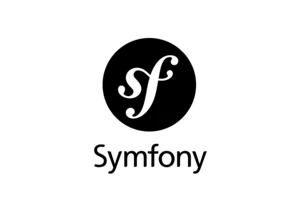
Vente-unique.com, a leading European online retailer of furniture and home decor, operates in 11 countries, powered by a team of 400 professionals and serving more than 3 million customers. From 15 ye
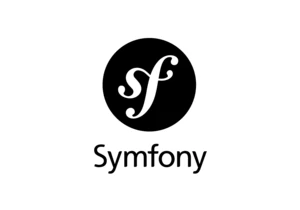
This week, Symfony 6.4.23, 7.2.8 and 7.3.1 maintenance versions were released. Meanwhile, the upcoming Symfony 7.4 version continued adding new features such as better controller helpers, more precisi
